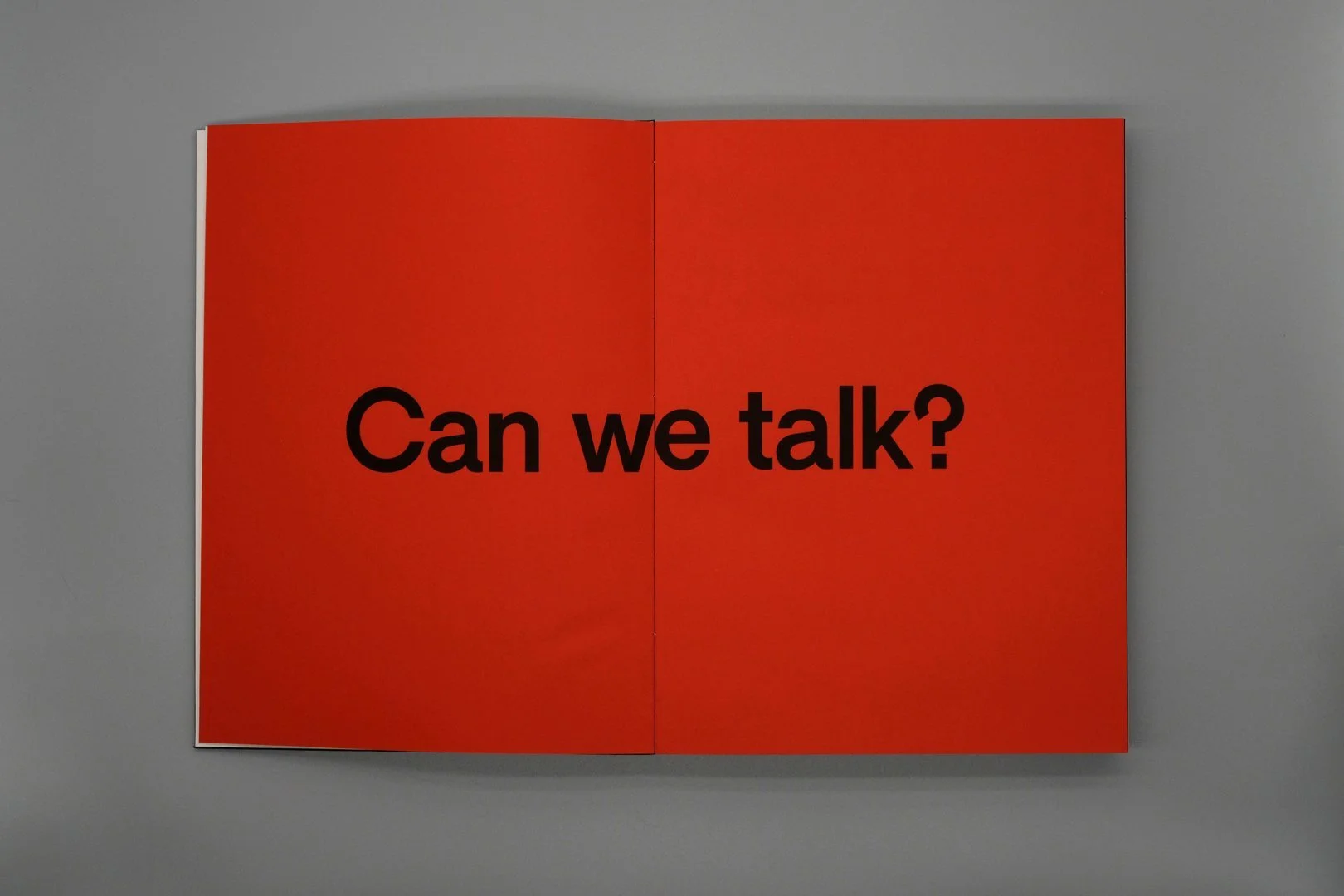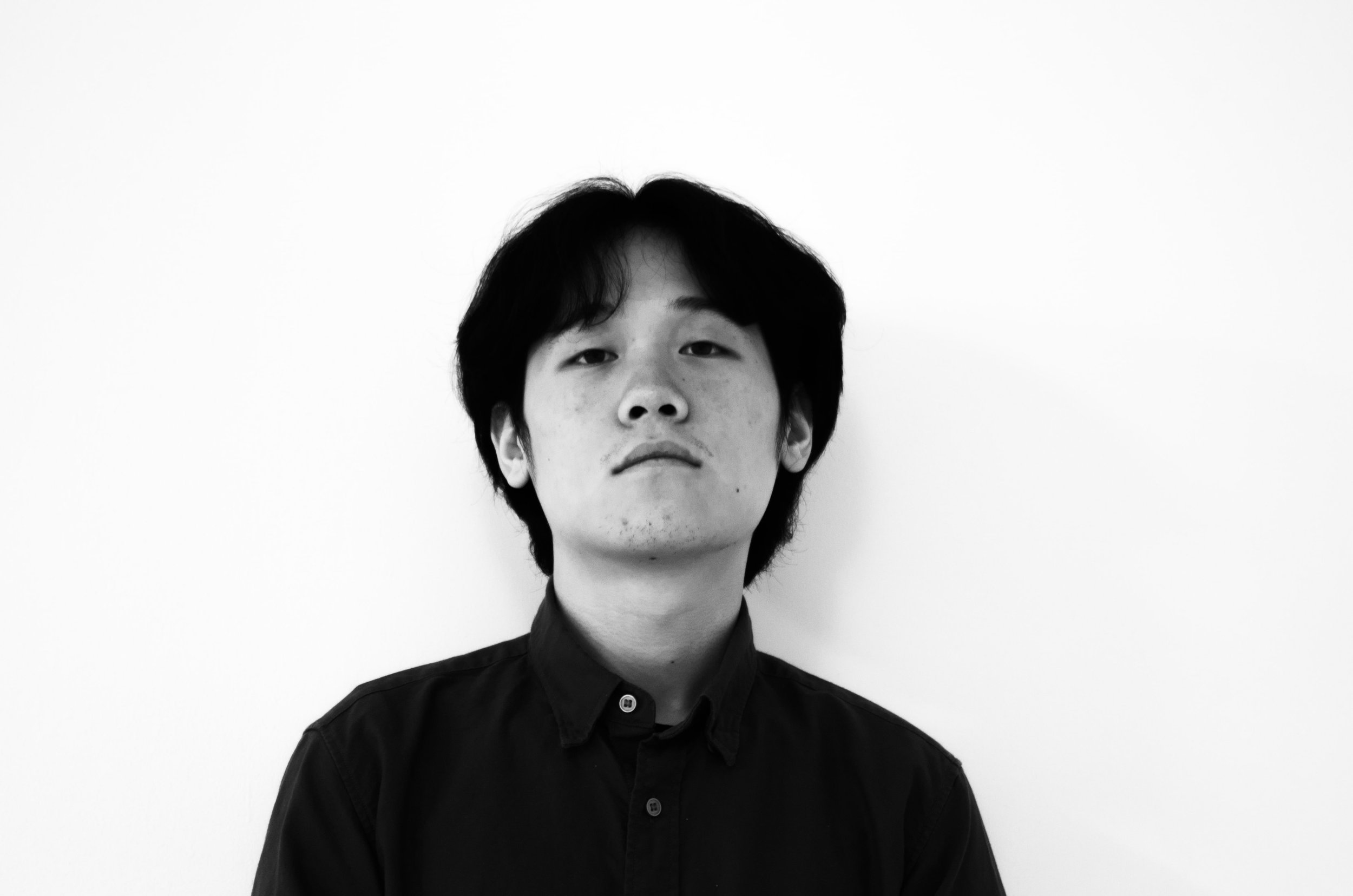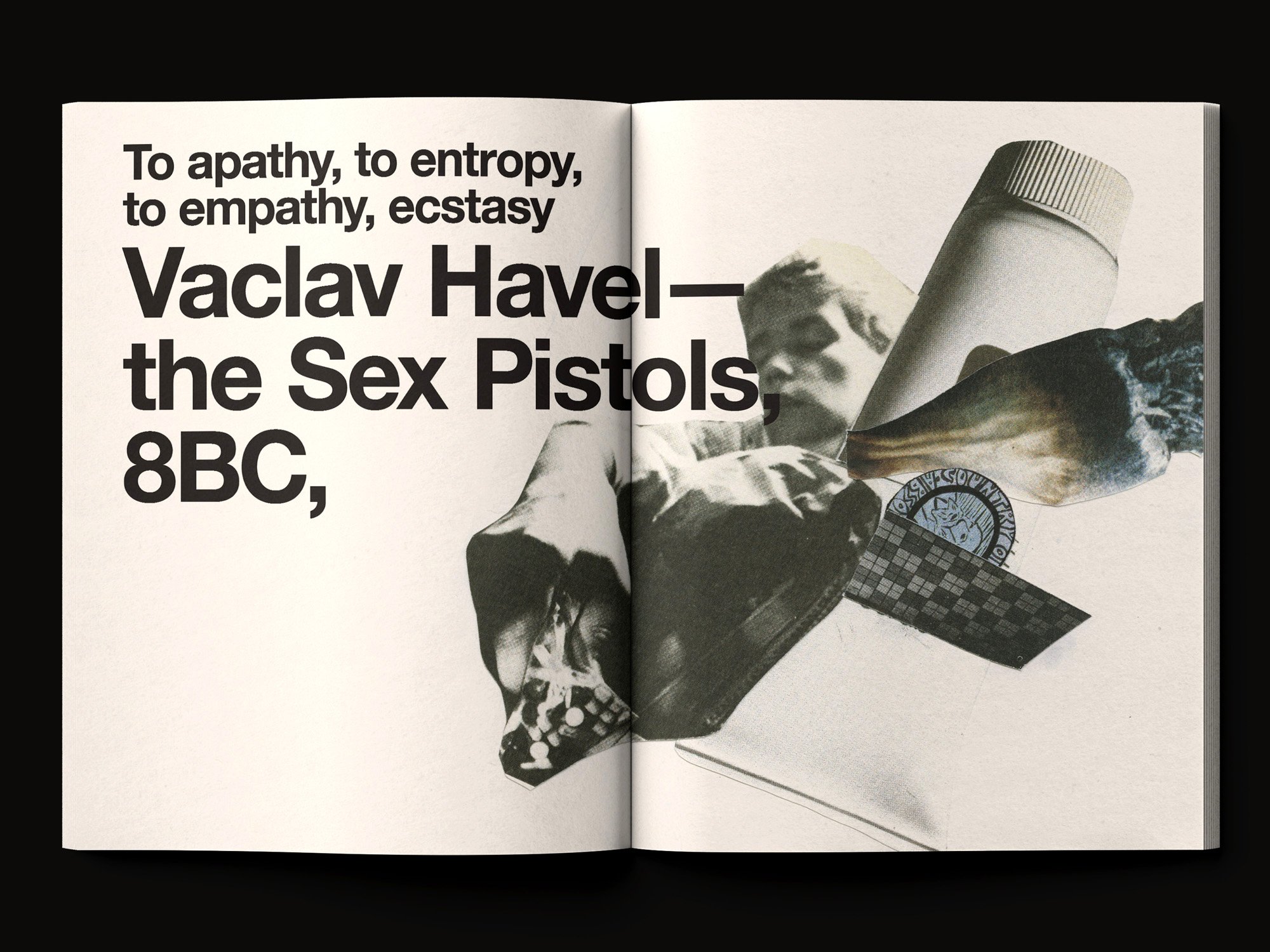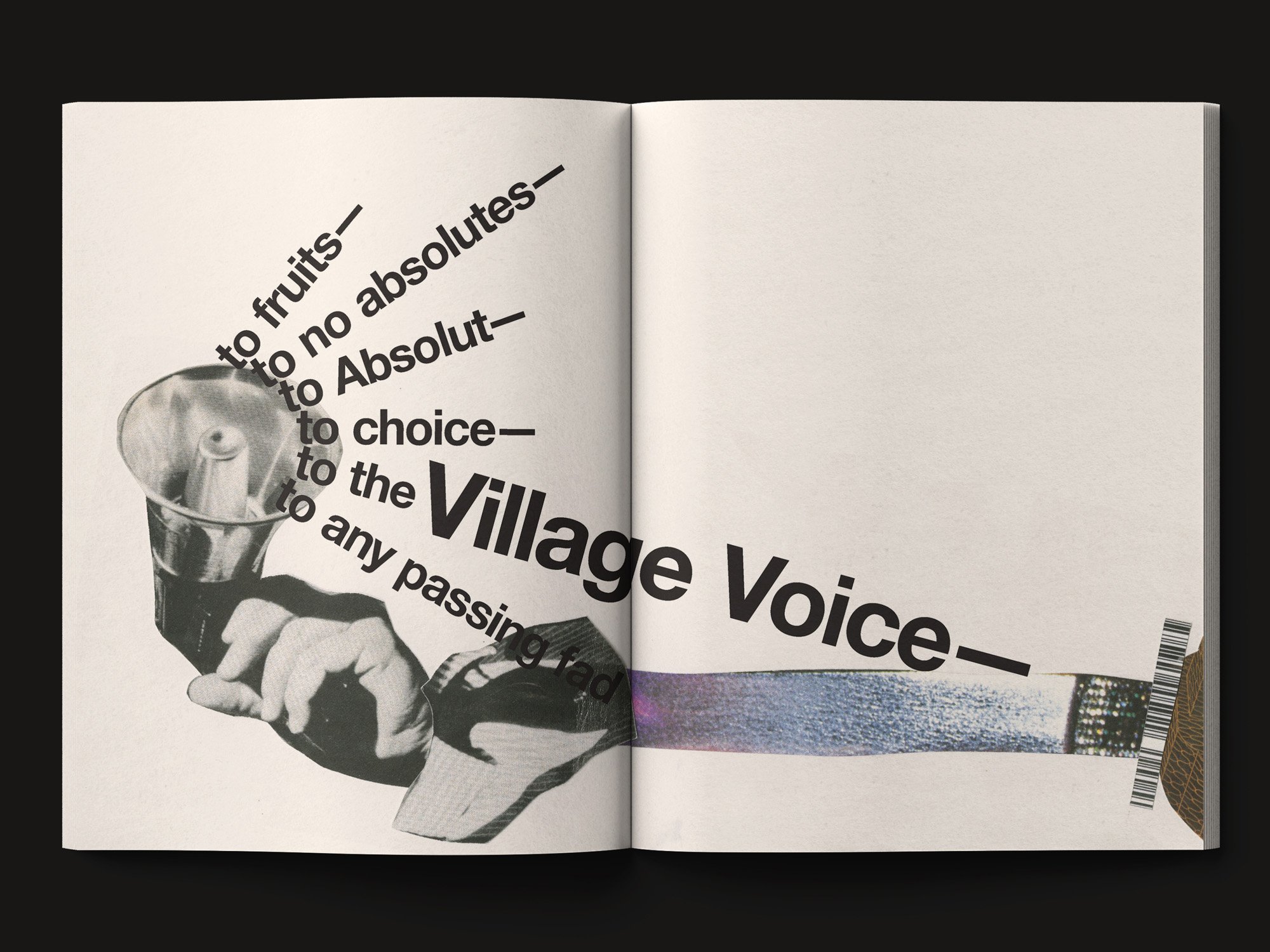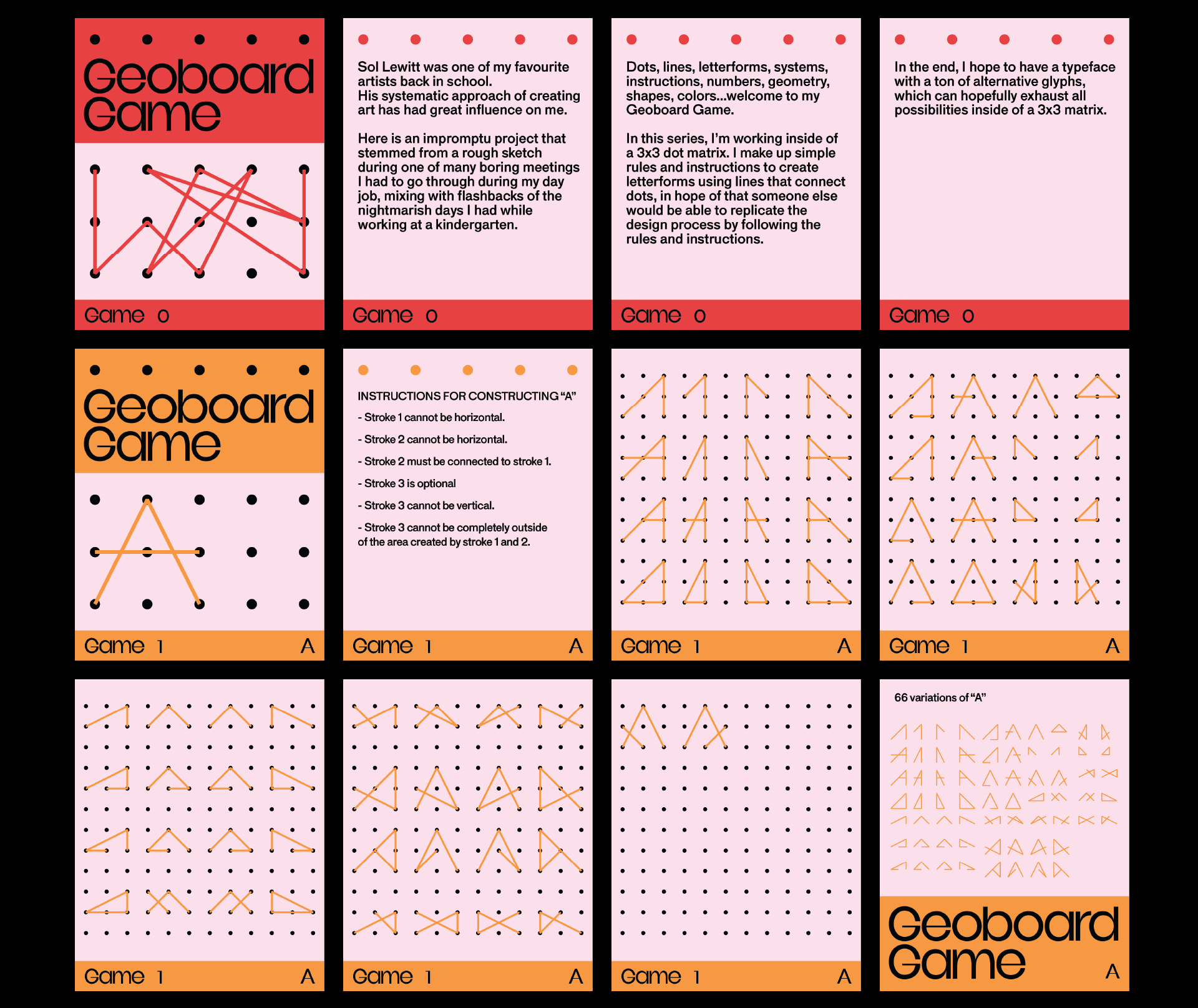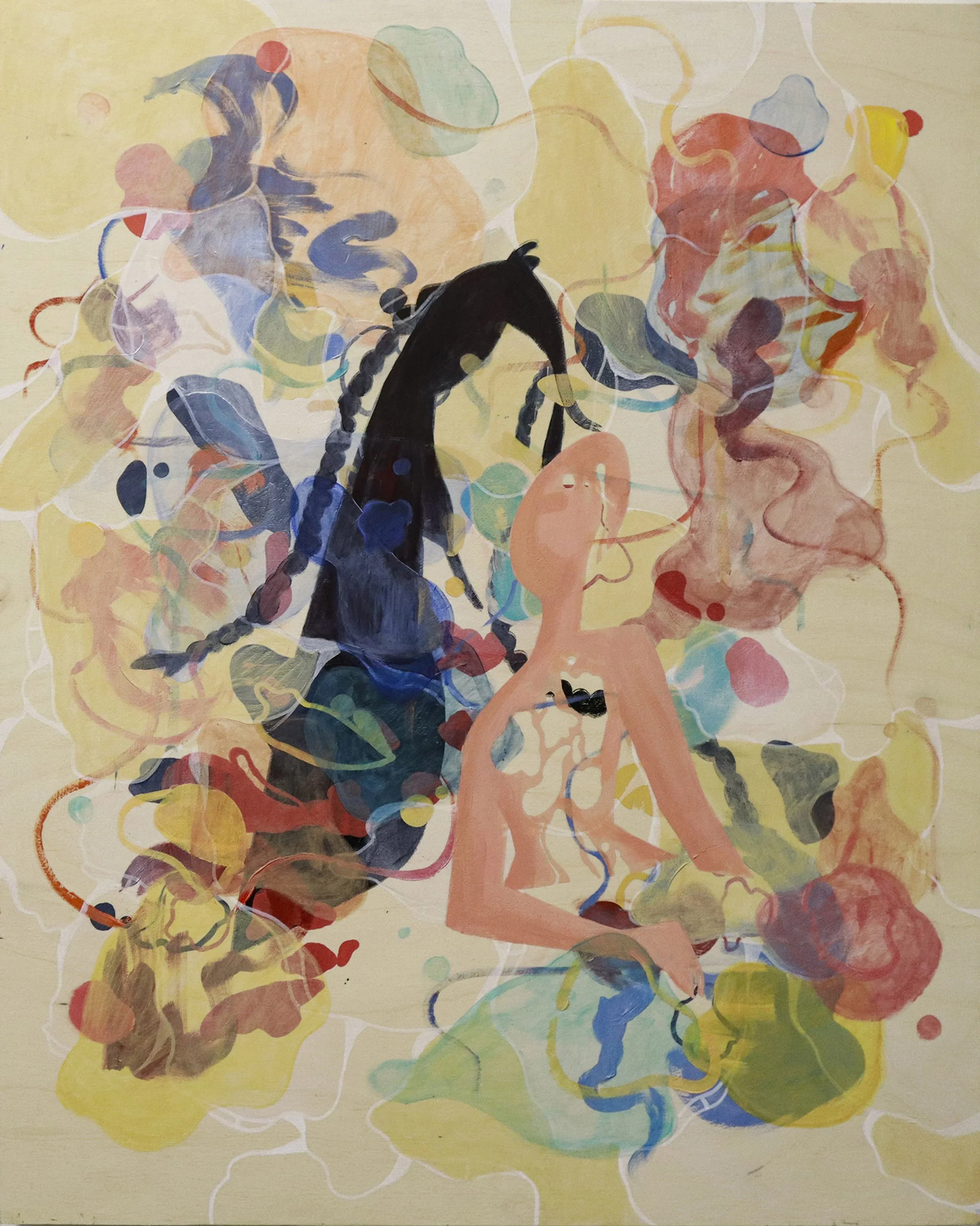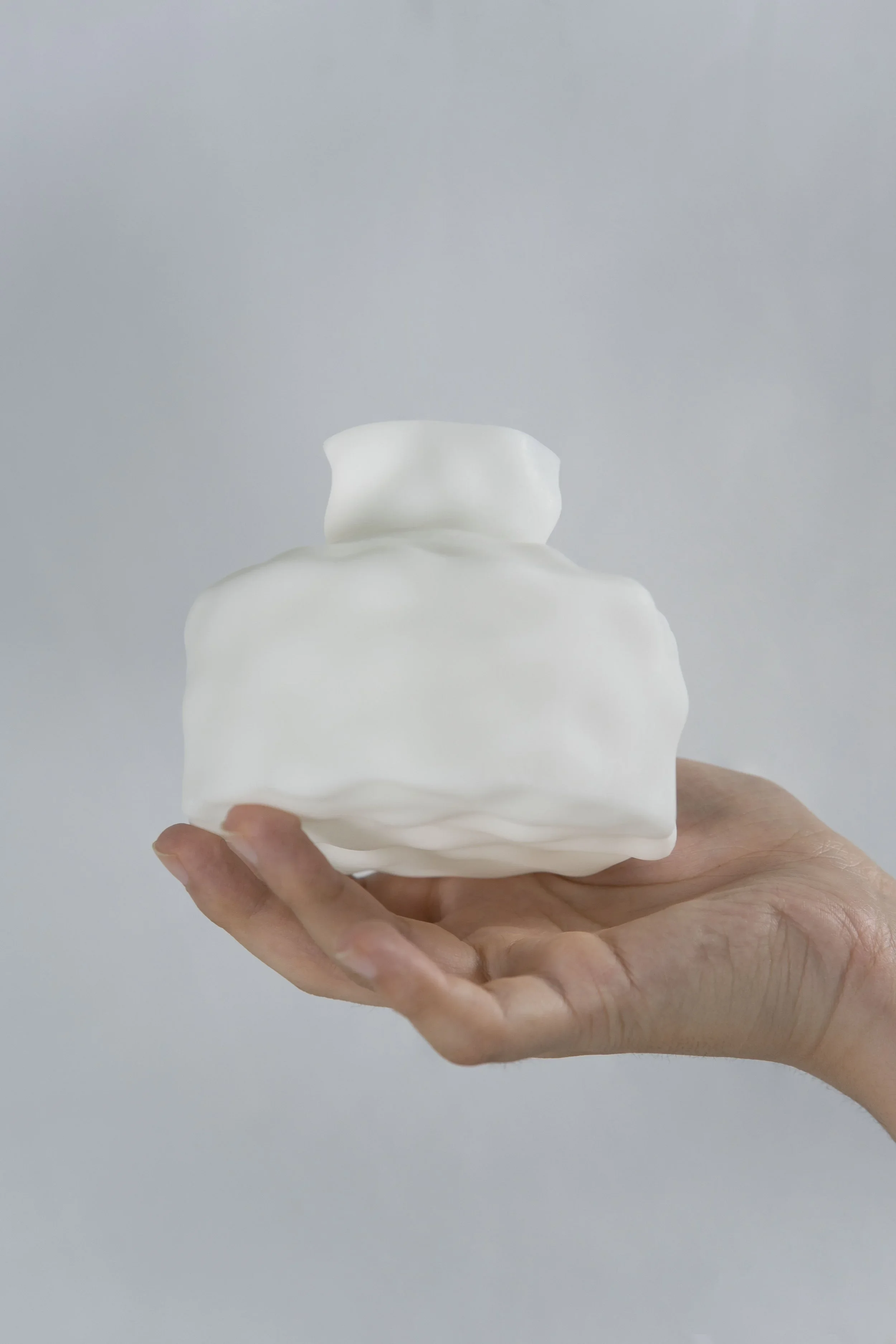10 Questions with Yihuang Zhou
Yihuang Zhou is a graphic designer and artist. He uses type as the vehicle for discussions on the complex world. Yihuang explores the conversation and collision between Western and Eastern cultures and social constructs with a particular interest in languages and writing systems. He works across disciplines, including print, digital, industrial, and spatial design. Yihuang sees languages and writing systems as not only carriers of culture but also filters of culture. His recent works also explore the impact of technology in writing systems and typography, for which he embraced emerging technologies such as variable type and NFTs. Yihuang holds a BFA in Design from the School of Visual Arts.
Yihuang Zhou - Portrait
ARTIST STATEMENT
Yihuang Zhou creates type and typography that serves as vehicles for culture and as filters for culture. His innate interest in languages and writing systems led him towards the exploration between language, culture, and technology. Yihuang sees the world as a constant conversation. With strong typography at its core, his commercial work marries strategy and art. He pushes boundaries of identity for brands and organizations and creates new meaning in the process. His works of experimental type are conversations between the classics and new technologies. With new digital tools, Yihuangseeks the limits of legibility and systems.
INTERVIEW
First of all, introduce yourself to our readers. How did you start getting involved with art? And when did you realize you wanted to be an artist?
Hello everybody! My name is Yihuang, and I am a designer and an artist based in Shanghai. Growing up, I have always been a creative kid. I was interested in music, drawing, and calligraphy and was fortunate to have a supportive family that encouraged me to explore all of them.
However, the idea that I could pursue an art career popped up way later. For a long time, art wasn't considered a viable way to make a living, and the "starving artist" myth was just in everybody's head, especially in the small town where I grew up. Before I went for an art career, I actually got a preschool education undergrad degree and would be a kindergarten teacher.
What inspired you to pursue a career in the field of design?
I think I was born to love "nice objects". My parents told me that I had very particular preferences for everyday stuff like bowls, spoons, etc. And as I grew up, I learned that those "nice objects" were actually "designed objects". So this was somehow baked into me very early on.
Two major sources of inspiration were music and cars. I was really into the early 2000s bands like Linkin Park, Green Day, etc. Their album art was the coolest thing in the world to me, and I started to recreate them in my notebooks. I also loved cars. My dad took me to the first Formula One Grand Prix when I was ten years old. And I just got into this car rabbit hole since then.
Quarterlife, Book Design, 9x12 in, 2019 © Yihuang Zhou
La Vie Boheme, Collage Book, 8x10 in, 2018 © Yihuang Zhou
La Vie Boheme, Collage Book, 8x10 in, 2018 © Yihuang Zhou
How would you define yourself as an artist? What differentiate you from the others?
I walk on the fine line between art and business. During art school, I found that I needed a commissioner or client to make anything. That was a revelation. So I kind of ruled myself out of the gallery art world and went for the design world. I used to think of design as the bridge between art and "the mass". Although I'm not so sure about that now, it definitely had a great impact on my career. Now, as I'm starting to make stuff on my own a bit more, I still have a job where I lead a design team to create stuff that sells to the general public instead of collectors.
In your statement, you say that you explore "the conversation and collision between Western and Eastern cultures and social constructs." How do you translate this into your work?
A lot of that stuff just happens automatically as I'm working bilingually. I think ultimately, languages dictate how people think. And being able to think in multiple different languages helped me a lot. A lot of my inspiration comes from the difficulties I had translating certain ideas in my head. My family speaks Mandarin and two dialects of Wu Chinese, so a lot of that started when I was very little. Now adding English into the mix, I have a lot to play with.
Another key point in your statement is your interest in languages and writing systems. As you create typographies, what is your main source of inspiration?
Old stuff is definitely a big source for me. For example, lots of the old magazines and newspapers had wonderful typography in them. And because the designers at that time were using completely different technologies than us, if I were to recreate their stuff, I'm inevitably adding my own things into it. So that's pretty interesting.
Another big source is store signs because they usually stay on the wall for a pretty long period of time. And in historical neighborhoods, you see a wonderful mix of signs from different periods of time. The signs are also a reflection of the class of the shop and its customers. A lot of time, you can see the vibrancy of the culture just by looking at the store signs on the busy streets.
Geoboard Game, Digital Design, 1080x1350 mm, 2022 © Yihuang Zhou
Geoboard Game, Digital Design, 1080x1350 mm, 2022 © Yihuang Zhou
What messages would you like to convey with your designs?
Authenticity. This is always the most important to me. A lot of the time, people see design as a way to cover things up, and I don't like that. I want my design to tell the truth about my client or commissioner.
In your work, you use different types of design, such as print, digital, industrial, and spatial design. What do these represent for you? Do you see them as complementary or opposed?
I see them as unified. I think this clear divide of design disciplines came to play fairly recently. In the age of Eames, buildings, interiors, furniture, and posters were designed by the same bunch of people, and a lot of them were engineers of their products too. I love that multidisciplinarity because the design process is the same—-solving a problem in a beautiful way. Of course, I'm not saying I can do all the stuff on my own. I work with amazing collaborators that have complementary skill sets, and it's been working beautifully.
Frank vs Frank, Book Design, 8x16 cm, 2019 © Yihuang Zhou
Flauvist, Type Design, 2022 © Yihuang Zhou
How do you choose a medium over another? And how do you adapt a project to the chosen medium?
It's always a lot of trial and error. I love trying out new media, and I try to keep up with the industry. Whenever I see something interesting and new, I go deep into it. Time is a big factor as well. If something comes with a deadline, which a lot of design works do, I'm only going to go with a media or process that I'm familiar with.
How did the global pandemic impact your work? Did you find yourself reflecting on this subject, or did you avoid it altogether? And did you find any difference in your approach to art now compared to the pre-pandemic times?
It stirred up my work like crazy. I lost my day job as a designer due to the pandemic, so I started to do self-initiated projects. I also moved from New York to Shanghai, and this move eventually led me to where I am now. The pandemic caused tons of trouble but also opened up lots of possibilities for me.
Finally, what are you working on now, and what are your plans for the future? Anything exciting you can tell us about?
My team and I are going really deep into sustainability right now. I learned a lot about manufacturing and supply chain in the past few years, and it is shocking to me how much waste and pollution is generated daily. We are doing tons of research and prototyping into new materials and new processes to create more sustainable products. And our sunglasses just won the ADC Award in New York and the Green Product Award in Munich last week! These are just baby steps for us. I think sustainability will be a big theme for me in the coming years.

